I sometimes look at a social media page that overflows with nostalgia. There’s not a firm line for where the nostalgia begins, but I would guess that if every person displaying that emotion were asked the right questions, we would learn that Hartford stopped being the same to them when they and their families moved to the suburbs.

Hold on, I’m going somewhere with this thought.
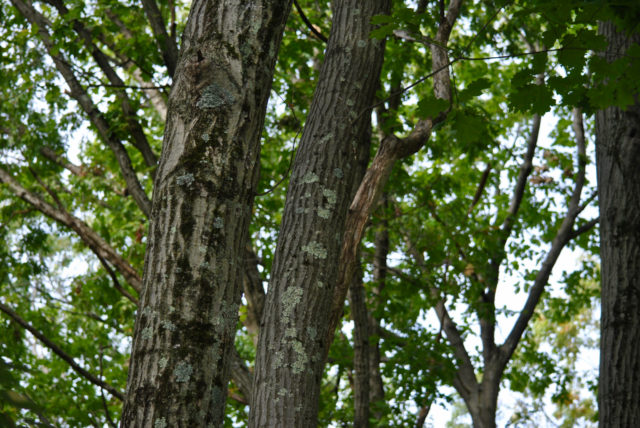
The nostalgia generally looks like this: wanting back a Hartford with people on the sidewalks or even the streets, wanting back a mode of public transportation that had a dedicated lane, so to speak, on the road, wanting back a place full of small, family-owned shops.

Looking at this nostalgia too long is irritating for me. I want to yell at them: “But where were you?! What role did you have in the disappearance of all these things?!”
Hartford has changed. To be more accurate, people changed Hartford.
The tracks did not vanish mysteriously from the streets overnight.
People did not go “poof” with a magic wand.
There was no supernatural force that took out the small, independently-run shops that ranged from bakeries to butchers to record stores.
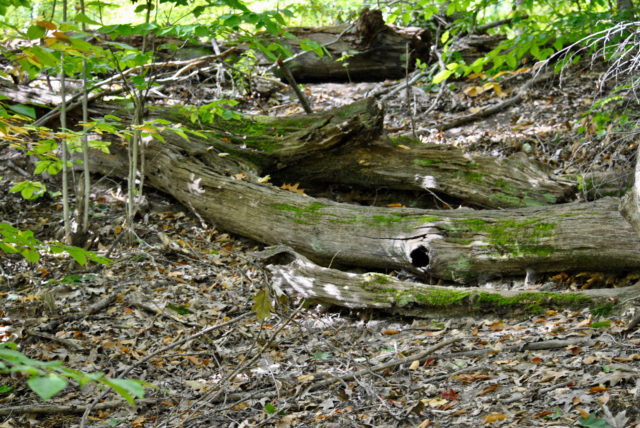
Reject the use of passive voice.
People made these changes.
Many of those responsible are long dead, and were the parents or grandparents of those bemoaning what’s now gone. But many of these changes were caused by those reminiscing now.
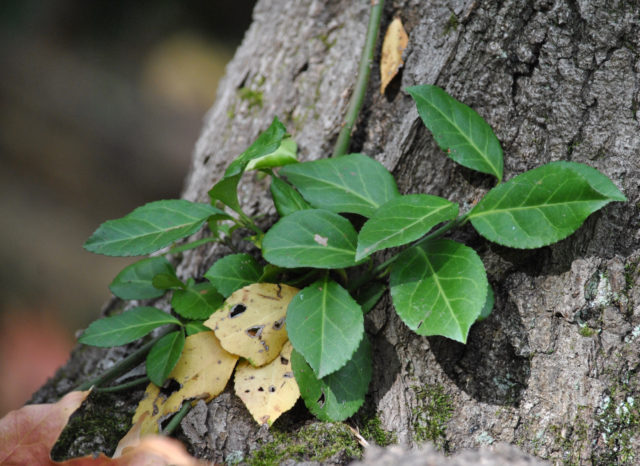
And that is my point.
We all have the ability to make choices, and even if we personally lack the power to control a project because we aren’t on the City payroll, we can dissent. There were people who did just that regarding the Park River burial and the construction of I-84. Those voices were not many, and they get drowned out by the repetition of false narratives on those particular projects, but there were people who dissented then. We know because of documentation, letters to the editor.
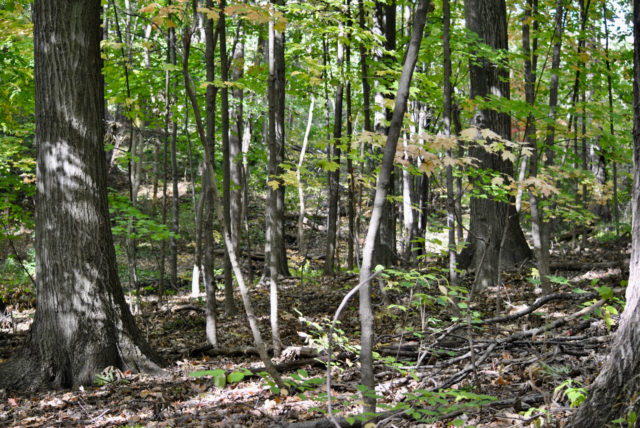
Hartford is experiencing an extreme drought. California’s wildfires no longer have a season. Our climate is changing whether one believes it is or not, and scientists know that we have had a hand in this change. It isn’t just happening.
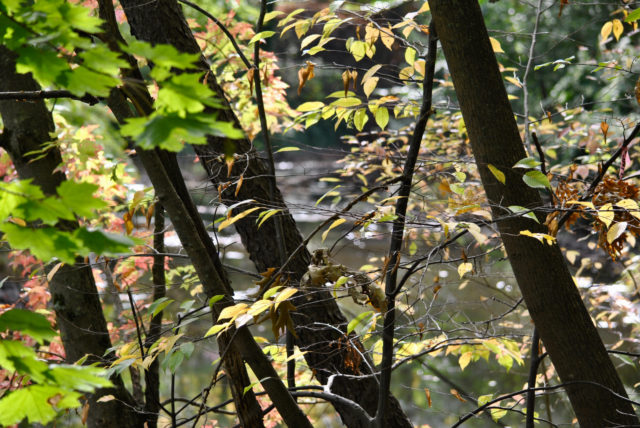
We know that we have mishandled our own habitat, acting against our own best interests, and yet there are numerous examples of how humans, locally, continue to behave as if we have hundreds of years to fix the problem.
There is still a trash incinerator in Hartford that takes in garbage from dozens of other towns. Rather than absorb the health risks themselves, the suburbs have outsourced their problem to us, and then had the audacity to make remarks about Hartford smelling bad. For years this practice was greenwashed, referring to itself as a “trash-to-energy plant” so that perhaps residents would forget what was being pumped out into the sky.
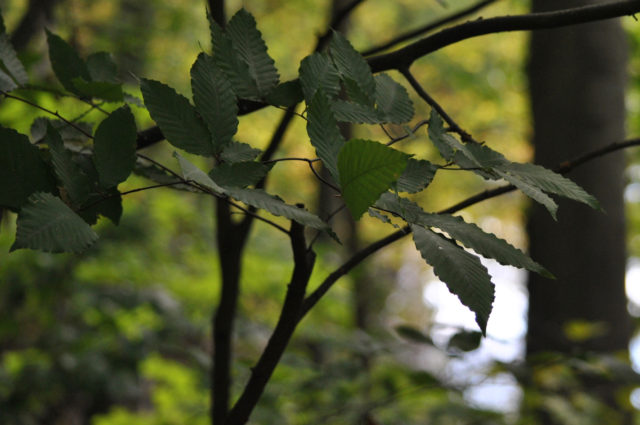
While in a drought, there are people still intent on watering their lawns. I can’t tell you how many State of Connecticut-owned properties and large insurance companies I walk by that continue to use dumb sprinkler systems. By dumb, I mean that these sprinklers have been running during the few rainstorms we’ve had this year. I have seen these sprinklers set up such that most of the water is not even on the lawn, but hitting the sidewalk.
Every single-use mask tossed lazily on the ground is an act of environmental and self-degradation.
COVID-19 attacks the lungs. It attacks the respiratory system. During the pandemic, people have doubled down on adding to air pollution by creating drive-by and drive-thru everything. On mornings when neither heat nor a/c have been needed, I have heard people idling their vehicles. The modern automobile does not need you to warm up its engine; it has been over forty years since a new car has required that.
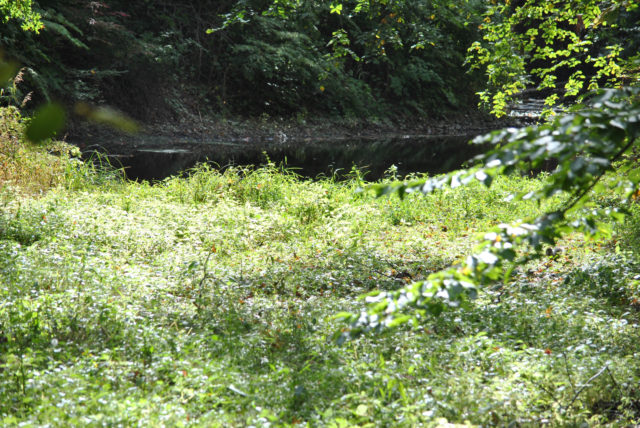
It’s called cognitive dissonance: people yearning for the very “Good ‘Ol Days” they had a hand in dismantling; people making thoughtless choices about how to live on Earth while gazing into the abyss of plagues, fires, and droughts and asking “Why?!”
If A Tree Falls In The Woods Because We Made These Droughts, Does Anyone Own Up To That?
I sometimes look at a social media page that overflows with nostalgia. There’s not a firm line for where the nostalgia begins, but I would guess that if every person displaying that emotion were asked the right questions, we would learn that Hartford stopped being the same to them when they and their families moved to the suburbs.
Hold on, I’m going somewhere with this thought.
The nostalgia generally looks like this: wanting back a Hartford with people on the sidewalks or even the streets, wanting back a mode of public transportation that had a dedicated lane, so to speak, on the road, wanting back a place full of small, family-owned shops.
Looking at this nostalgia too long is irritating for me. I want to yell at them: “But where were you?! What role did you have in the disappearance of all these things?!”
Hartford has changed. To be more accurate, people changed Hartford.
The tracks did not vanish mysteriously from the streets overnight.
People did not go “poof” with a magic wand.
There was no supernatural force that took out the small, independently-run shops that ranged from bakeries to butchers to record stores.
Reject the use of passive voice.
People made these changes.
Many of those responsible are long dead, and were the parents or grandparents of those bemoaning what’s now gone. But many of these changes were caused by those reminiscing now.
And that is my point.
We all have the ability to make choices, and even if we personally lack the power to control a project because we aren’t on the City payroll, we can dissent. There were people who did just that regarding the Park River burial and the construction of I-84. Those voices were not many, and they get drowned out by the repetition of false narratives on those particular projects, but there were people who dissented then. We know because of documentation, letters to the editor.
Hartford is experiencing an extreme drought. California’s wildfires no longer have a season. Our climate is changing whether one believes it is or not, and scientists know that we have had a hand in this change. It isn’t just happening.
We know that we have mishandled our own habitat, acting against our own best interests, and yet there are numerous examples of how humans, locally, continue to behave as if we have hundreds of years to fix the problem.
There is still a trash incinerator in Hartford that takes in garbage from dozens of other towns. Rather than absorb the health risks themselves, the suburbs have outsourced their problem to us, and then had the audacity to make remarks about Hartford smelling bad. For years this practice was greenwashed, referring to itself as a “trash-to-energy plant” so that perhaps residents would forget what was being pumped out into the sky.
While in a drought, there are people still intent on watering their lawns. I can’t tell you how many State of Connecticut-owned properties and large insurance companies I walk by that continue to use dumb sprinkler systems. By dumb, I mean that these sprinklers have been running during the few rainstorms we’ve had this year. I have seen these sprinklers set up such that most of the water is not even on the lawn, but hitting the sidewalk.
Every single-use mask tossed lazily on the ground is an act of environmental and self-degradation.
COVID-19 attacks the lungs. It attacks the respiratory system. During the pandemic, people have doubled down on adding to air pollution by creating drive-by and drive-thru everything. On mornings when neither heat nor a/c have been needed, I have heard people idling their vehicles. The modern automobile does not need you to warm up its engine; it has been over forty years since a new car has required that.
It’s called cognitive dissonance: people yearning for the very “Good ‘Ol Days” they had a hand in dismantling; people making thoughtless choices about how to live on Earth while gazing into the abyss of plagues, fires, and droughts and asking “Why?!”
Related Posts
Message from Frog Hollow
Shantok, Village of Uncas
Greater Hartford Puerto Rican Day Parade 2012